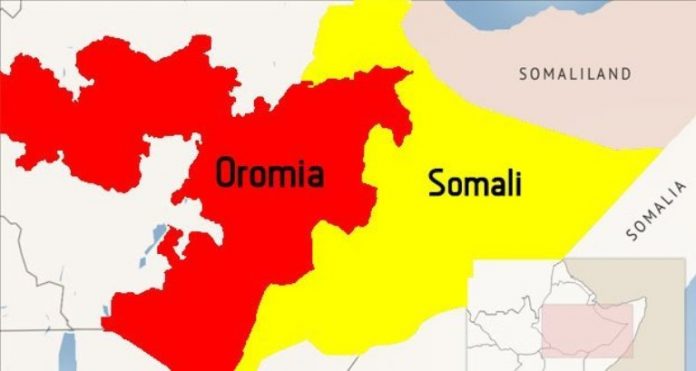tyrannicalmanager
pseudo-intellectual
this some of the most devasted critic on the state of ethiopia.
rest of the article https://www.ethiopia-insight.com/2020/02/09/national-pride-national-shame/
Crowded madness
Meanwhile, Oromo and Amhara nationalisms are on steroids, vying to outcompete each other. They are at each other’s throats over the status of Addis Ababa. The result of the recent turmoil and decades of mismanagement is that Ethiopia under Abiy is now a multinational federation threatening to implode. Superficial Western accolades and domestic adulation for the ‘reformist leader’ will not prevent it going the way of Yugoslavia, unless sincere efforts are made to belatedly hold free and fair elections according to the constitutional schedule, to safeguard self-determination rights, and, somehow, restore the rule of law.
Mikhail Gorbachev too won the Nobel Peace Prize on the eve of the dissolution of the Soviet Union. But, arguably, the gravest threat to Ethiopia is not actually dissolution, but a widening level of atrocities, even perhaps expanding to genocide. As Scott Straus painstakingly laid out in The Order of Genocide, three main factors made the specter of genocide a reality in Rwanda: civil war, which made ordinary citizens fear for their security and provided a rationale for mobilization; state penetration deep into the periphery that made mobilization of rural populations possible; and pre-existing ethnic cleavages that made it possible for the Hutu to accept hard-liners’ call for lethal action.
War played by far the most important role, as it opened a Pandora’s Box of “security dilemmas”, which include a series of conflict related dynamics. William Zartman notes that“Genocide.. do not break out unannounced; they are preceded and prepared by identity conflicts that escalate into targeted mass killing…such conflict does not generally stem from an aggressive action, but a pathologically defensive reaction against a perceived existential threat. Instigators of identity conflict feel themselves targeted, ultimately for extermination, by another identity group who they feel must be defeated and ultimately exterminated, and so, in a security dilemma, they themselves target the perceived threateners for extermination.” Zartman emphasizes these dynamics make it easy for political entrepreneurs to “sell this fear to their client public to gain support.” And these dynamics, these security dilemmas are becoming visible in Ethiopia.
Last edited:


